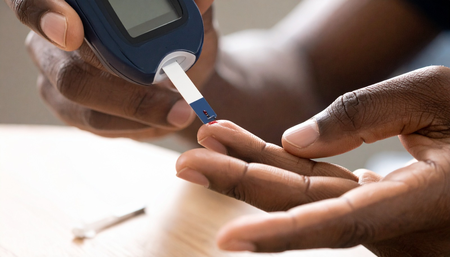
New Delhi, Sep 15 (IANS) People using cannabis may be four times more at risk of developing diabetes, according to a large study of over four million adults on Monday.
Cannabis use is increasing globally, with an estimated 219 million users (4.3 per cent of the global adult population) in 2021, but its long-term metabolic effects remain unknown.
While some studies have suggested potential anti-inflammatory or weight management properties, others have raised concerns regarding glucose metabolism and insulin resistance, and the magnitude of the risk of developing diabetes hasn’t been clear.
The research showed that new cases of diabetes were significantly higher in the cannabis group (2.2 per cent) compared to the healthy group (0.6 per cent), with statistical analysis showing cannabis users at nearly four times the risk of developing diabetes compared to non-users.
“As cannabis becomes more widely available and socially accepted and legalized in various jurisdictions, it is essential to understand its potential health risks,” said lead author Dr. Ibrahim Kamel from the Boston Medical Center, US.
For the study, the researchers analysed electronic health records from 54 health care organisations across the US and Europe to identify 96,795 outpatients (aged between 18 and 50 years, 52.5 per cent female) with cannabis-related diagnoses (ranging from occasional use to dependence, including cases of intoxication and withdrawal) between 2010 and 2018.
They were matched with 4,160,998 healthy individuals (with no record of substance use or major chronic conditions) based on age, sex, and underlying illnesses at the start of the study, and followed for five years.
“The new sights from reliable real-world evidence highlight the importance of integrating diabetes risk awareness into substance use disorder treatment and counselling, as well as the need for health care professionals to routinely talk to patients about cannabis use so that they can understand their overall diabetes risk and potential need for metabolic monitoring,” Kamel said.
The study’s results have immediate implications for metabolic monitoring practices and public health messaging.
The team stressed the need for more research on the long-term endocrine effects of cannabis use and whether diabetes risks are limited to inhaled products or other forms of cannabis, such as edibles.
The findings will be presented at the ongoing Annual Meeting of the European Association for the Study of Diabetes (EASD) held in Vienna, Austria.
–IANS
rvt/




